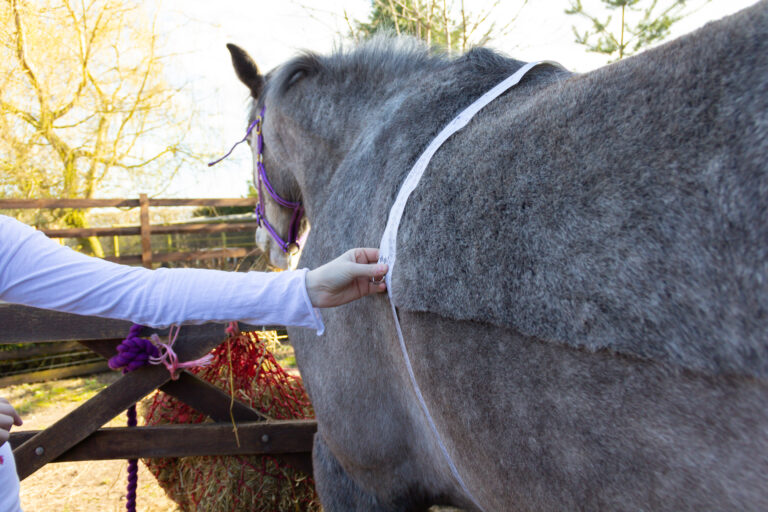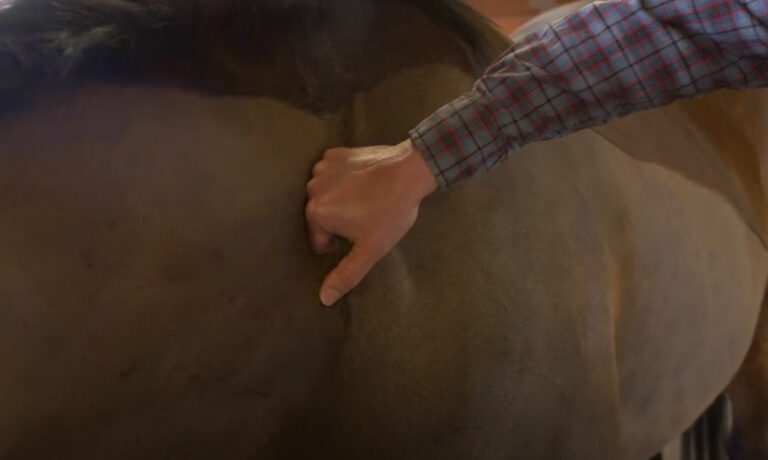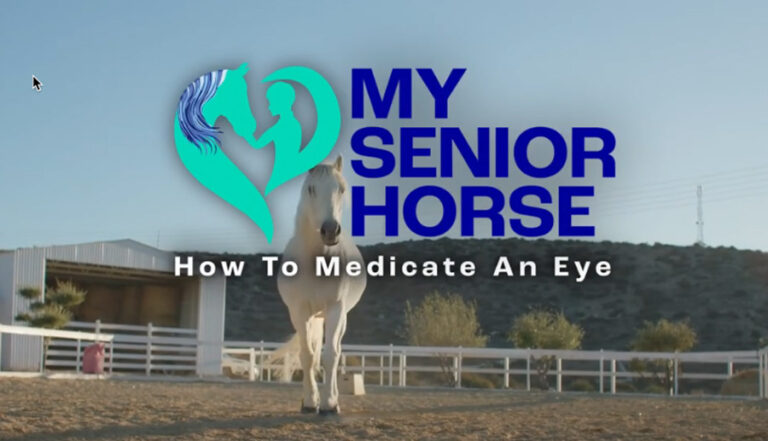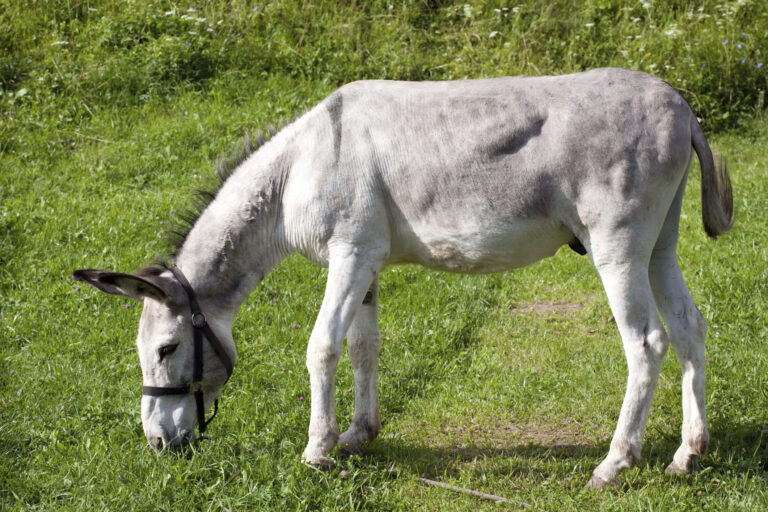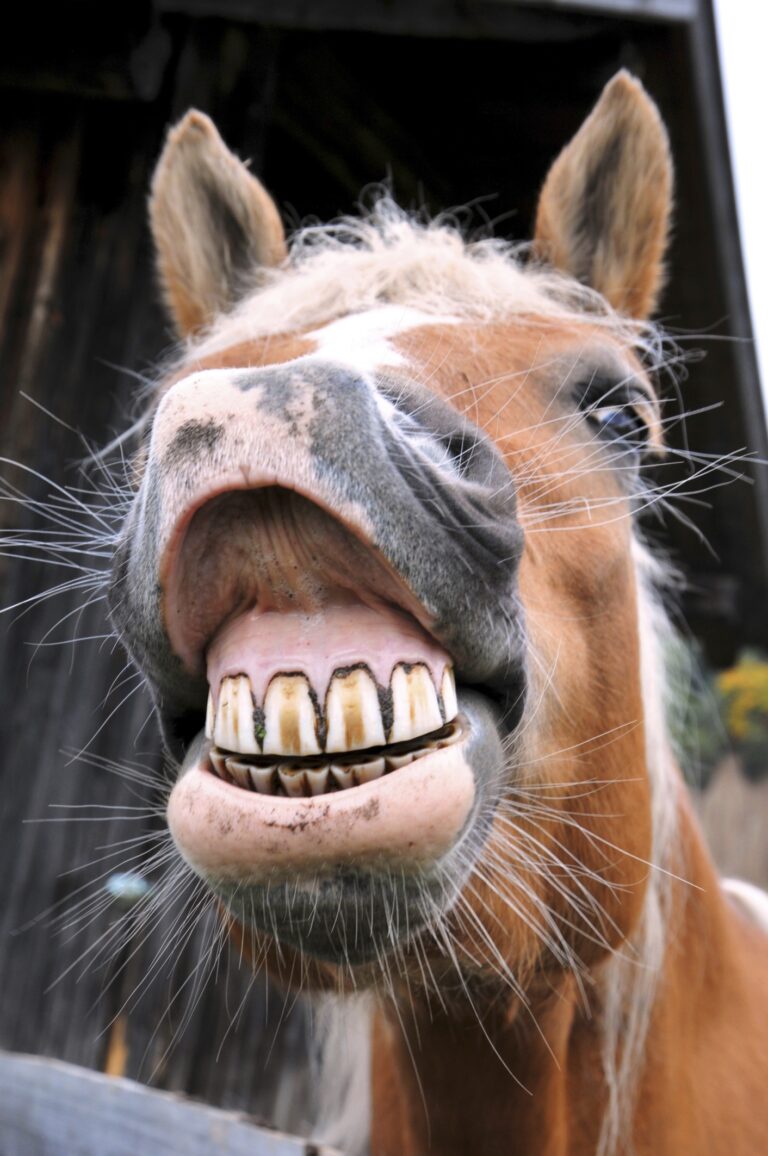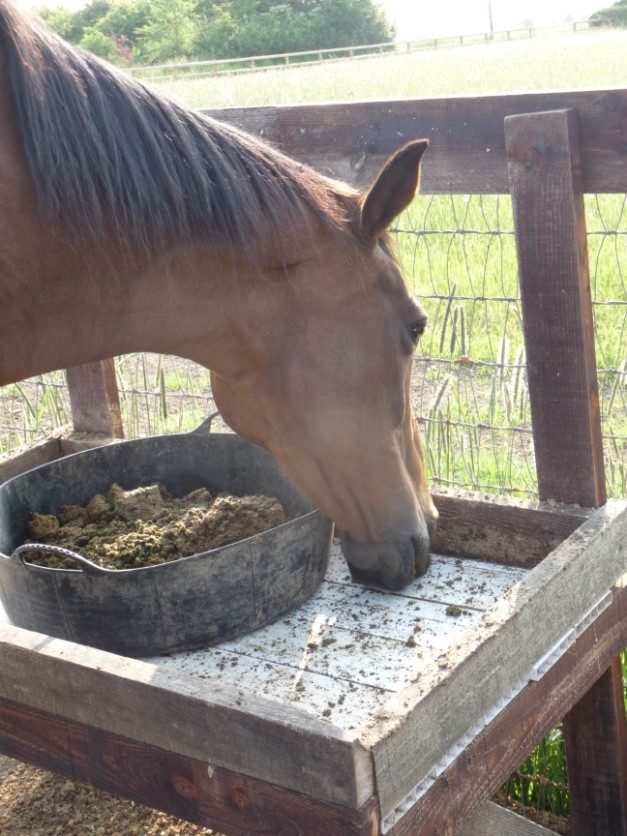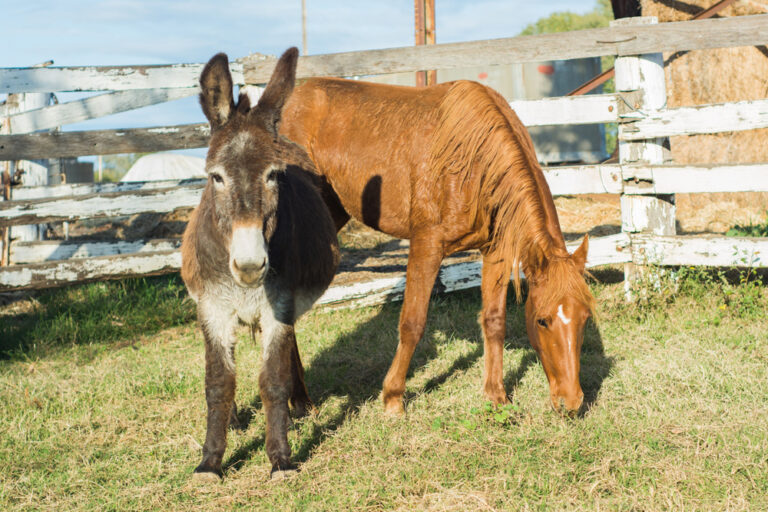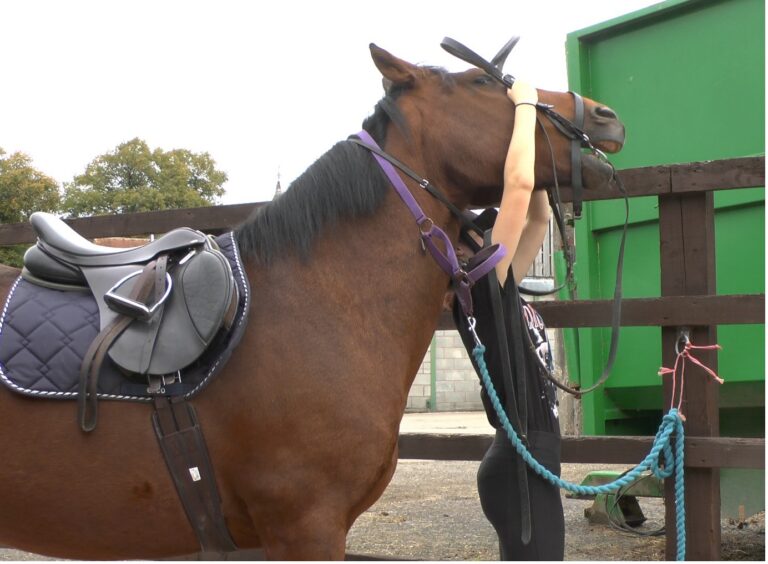Learn how to take a horse’s respiratory rate in this video with Dr. Yvette Nout-Lomas of Colorado State University.
(Editor’s note: The content of this video is the expert’s approach to the topic. Please consult with your practitioner if you have questions.)
Knowing how to take your horse’s vital signs is important. Vital signs for your horse include respiratory rate, heart rate, and capillary refill time. My Senior Horse currently has or will have “how-to” videos for each of these. Watching them can help you learn how to do each of these three important evaluators of your horse’s health.
Respiratory rate is a basic health parameter that horse owners need to understand how evaluate. It helps them know how their horses are feeling. Nout-Lomas said respiratory rate also can indicate the level of severity of an issue.
Try to take a horse’s respiratory rate in a location where the animal is relaxed, such as his stall or the barn aisle.
Ways of Taking a Respiratory Rate
There are a couple of ways for horse owners to take a horse’s respiratory rate. The first is to stand slightly behind and to the side of a horse’s hip and watch flank movements. She said count the respirations for a full minute to get an accurate respiratory rate.
You also can use a stethoscope. Nout-Lomas said one of the best places to use a stethoscope to take a respiratory rate is over the front and middle of the animal’s trachea.
Listening to respiratory sounds over the thorax (between the neck and the abdomen) can be more difficult, especially in fat horses. On thinner horses, she said you can listen to the dorsal or ventral portions of the lung on the horse’s side.
She again recommends counting respiratory sounds for a full 60 seconds to get an accurate rate.
Normal Respiratory Rates for Horses
The normal respiratory rate for an adult horse at rest should be between 8 and 16 breaths per minute.
In foals, the normal respiratory rate should be 20-40 breaths per minute. That depends on the age of the foal.
Things that can cause an increase in breaths per minute are if the horse was just worked or playing, if it is eating, or if it is sniffing something.
If you have concerns about your horse’s respiratory rate, please contact your equine veterinarian.
Subscribe to the My Senior Horse YouTube channel.
Further Reading/Additional Content
- Horse Respiratory System Diagram. MySeniorHorse.com
- How to Perform Neurological Tests On Your Horse Video. Dr. Yvette Nout-Lomas. MySeniorHorse.com
- Tips on Helping Your Horse Gain Weight Video. Dr. Yvette Nout-Lomas. MySeniorHorse.com
- Equine Capillary Refill Time Video. Dr. Sina Parsaye. MySeniorHorse.com
- How to Take a Horse’s Pulse Video. Dr. Christine Johnson. MySeniorHorse.com
- How to Take a Horse’s Respiratory Rate Video. Dr. Yvette Nout-Lomas. MySeniorHorse.com
- Tips on Using ‘Bute’ Video. Dr. Yvette Nout-Lomas. MySeniorHorse.com
- How to Medicate a Horse’s Eye Video. Dr. Christine Johnson. MySeniorHorse.com
- Watch for more videos from My Senior Horse.
-
Editors of My Senior Horse are journalism professionals, most of whom are lifelong horse owners.View all posts



